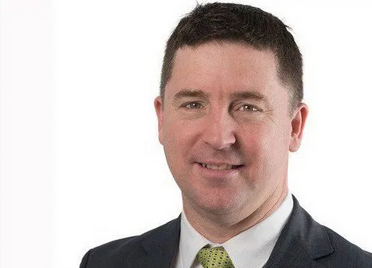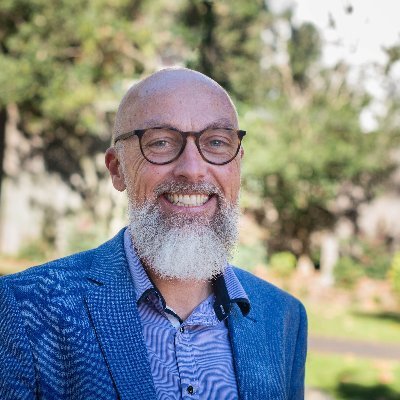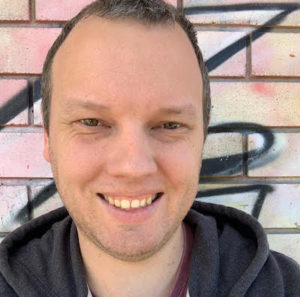Forced silence – A better way
We shouldn’t argue for the reverse. There is a better way. A robust and positive argument can be made for religious freedom.
Understood rightly, religious freedom is oxygen for the soul. This freedom to believe is the foundational freedom of a liberal democracy. From it flows :
- the freedom to speak that belief;
- the freedom to associate with others according to those beliefs;
- the freedom of religion to live out that faith;
- the freedom to change your belief.
This is not just freedom for the religious but the freedom of all worldviews. It extends to people of all faiths or none, from Anglicans to Zoroastrians, from Scientologists to sceptical atheists. Wherever there is a genuine, deeply held belief or worldview that informs a person’s conscience then we are talking about religious freedom.
The freedom described is a freedom to act according to your conscience, independent of all outside – and especially governmental – control. As a human right recognised at law, the government’s role is not to grant or deny religious freedom but to guarantee and to guard it. In an increasingly plural world religious freedom allows us to live with deep differences and mutual respect.
Arguments for religious freedom and free speech are unlikely to win over those wanting to shut down those freedoms. This must not stop us. But let us make the case for religious freedom as persuasively and graciously as it can be made. And let’s do everything that can be done to stop the state from going down the route of controlling people’s consciences.
This is an argument for political engagement, for saying Christians mustn’t retreat and be bystanders but instead be engaged as culture builders. While there are a thousand ways that might happen the way it must start is with Christians speaking. We need to speak in ways that give an account for our beliefs – what would the common good look like? What does true humanity and human ourishing look like? How should life be lived? How do we live our lives as individuals and in community? Where do Christian ideas overlap with the beliefs of others and where are they in conflict? This will take listening and dialogue.
As we speak, a clear intention to listen and a free open discussion make for wider acceptance – even of controversial points of view.
Communications strategist Dee Allsop, in his Q presentation Finding Common Ground, showed that the way you oppose same-sex marriage vastly affects how well your point
of view is received. He found that simply saying, “Gay marriage is wrong” would mean 25 per cent of hearers would simply want the conversation to end, while 37 per cent would be open to hearing more. But the number of people open to hearing jumps to nearly half – 47 per cent – when the statement is put like this: “I try to do and say what I believe is right, and I believe gay marriage is wrong. But I am interested in learning why you disagree”.
Too often our political engagement is too little and too late: “This is in Parliament next month so please write to your MP or sign this online petition”. Letters like this may be a balm to our troubled conscience, but are unlikely to change the law.
What is needed are the right people in the right places doing the right thing. So let’s engage five years earlier when the university is running the conference that informs the policy position of the political party. Or two years earlier when the party policy is debated.
Who could have swung that debate? Have they not seen what they should have? Or could the sympathetic or Christian MPs have a political strategy to change the presentation of the bill? Can the right lobby group speak before the legislation is drafted? What about when the dra legislation was out for comment – could the problem have been averted by the right feedback to exposure legislation?
Let’s push it back even further. Where are the Christians who will join the political parties, be staffers for the local MP, produce the multimedia “civics for high schoolers” course, be the policy setting academics, or legislative drafters, or human rights lawyers? If they aren’t there then who will recruit them for the next generation?
I’m worried that a university student group teaching hard things o campus is teaching the next generation to be safe citizens: don’t rock the boat, be a Christian in private, don’t engage with things that might threaten our standing.
I want to suggest the opposite course. It would be better to boldly speak on campus until you are kicked off . At the same time, encourage students to be students of history, gender, law, politics and much more. And the law students shouldn’t give themselves to a comfortable life of minimising the onshore tax earnings of multinationals. Instead, enrol in the progressive human rights law course that isn’t that friendly to Christians, understand what is being said and top the course.
If all this sounds like a call to an elitist withdrawal from simple gospel proclamation, let me offer a quick defence to that charge.
First, ministries of simple gospel proclamation and prayer are built on platforms of gospel freedom. If it’s worth praying for that freedom it is worth acting to protect it. Think about how different university student ministry is in Australia and France. It is great to be able to meet on campuses here and hand out materials on Jesus. Second, this strategy isn’t elitist even if some of the examples above are. Politics happens in the local school Parents and Citizens Association. Do the hard yards there over a few years and when the debate comes up about Scripture in schools you will have earned the right to be listened to.





